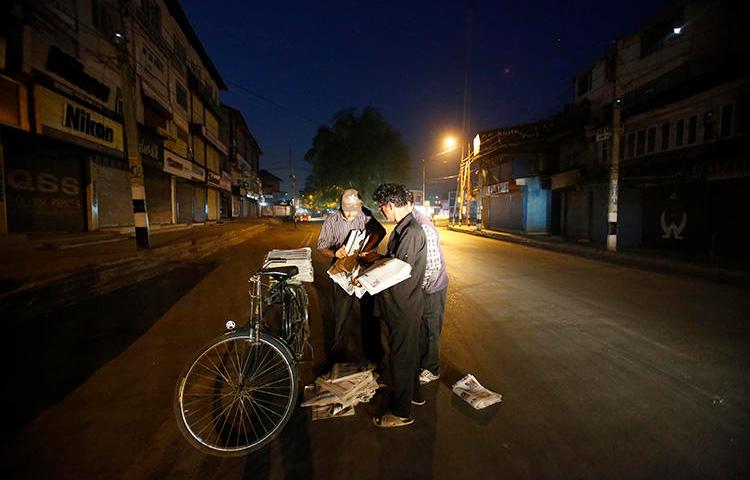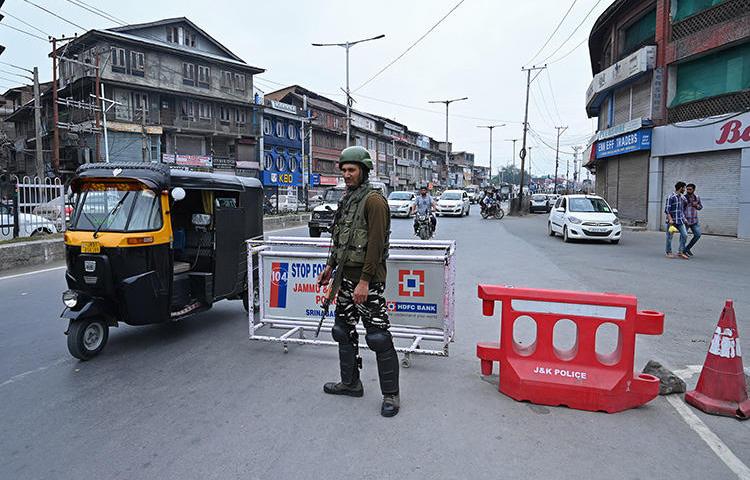
Kashmir’s news media faces existential crisis amid restrictions, arrests
On August 5, the government of Indian Prime Minister Narendra Modi imposed a strict communication blackout in Jammu and Kashmir after stripping the state of its limited autonomous status under the Indian constitution. A month later as the restrictions continued, CPJ India Correspondent Kunal Majumder traveled to Srinagar, Kashmir’s largest city, to speak to local…
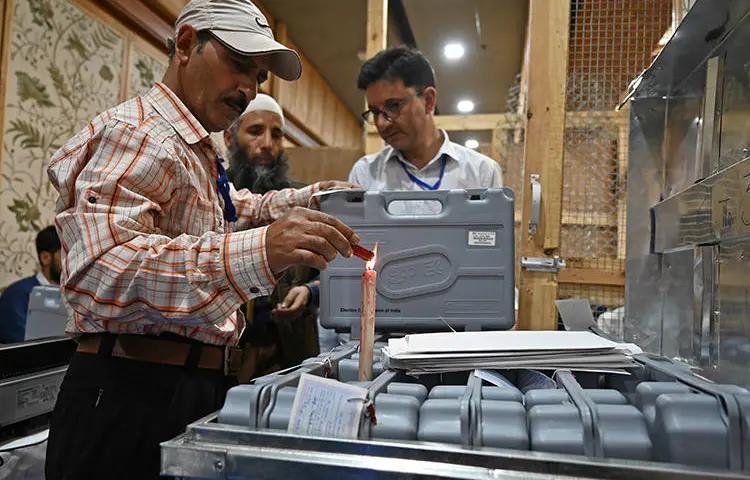
Results of India’s election climate for journalist safety are in
Journalists across India are at risk of physical and digital attack in retaliation for their reporting. And during election campaigns, these dangers can increase. As the country went to the polls in recent weeks, CPJ’s India correspondent Kunal Majumder traveled to Guwahati, Imphal, Agartala, Raipur, Bijapur, and Hyderabad to present CPJ’s election safety kit to…

Journalists fighting fake news during Indian election face threats, abuse
The six-week-long voting period in India’s national and provincial elections concluded this week, with results expected on Thursday, according to news reports. For journalists, the campaign has brought a familiar deluge of online abuse.
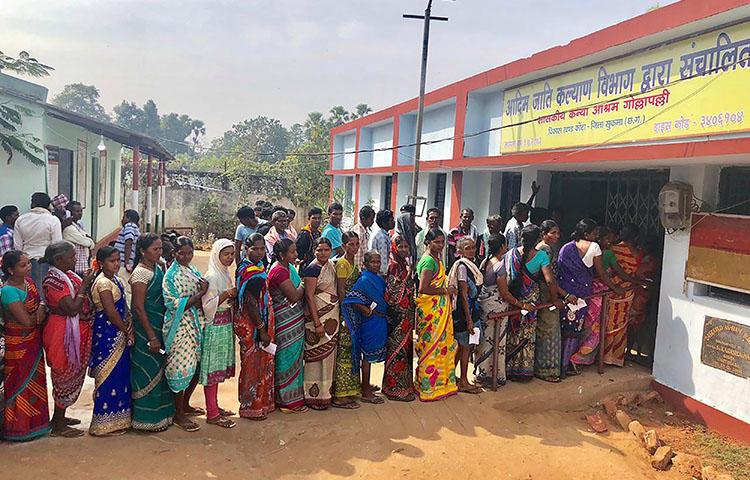
Chhattisgarh’s plan for journalist safety law could be template for all India
Every day for two years, freelance journalist Santosh Yadav must walk the 50 or so yards from his home to the Darbha village police station in Bastar, Chhattisgarh, to sign a register. Just one missed day could immediately land him back in prison as he awaits trial on anti-terror charges. A police commander said that…
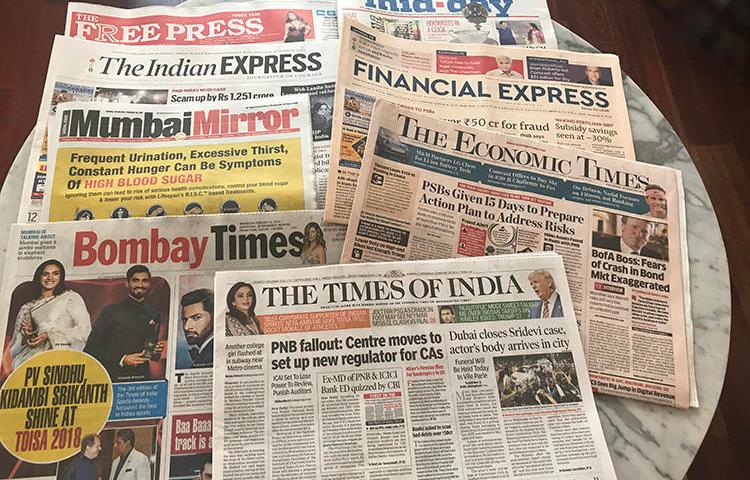
Weight of legal cases and threats leave India’s journalists feeling exposed and alone
The media is in the worst state India has ever seen. That is how several journalists described the current climate in dozens of conversations with CPJ during a trip to Mumbai, Bangalore, and Delhi earlier this year. While the threats they outlined–political pressure, self-censorship, defamation suits, and attacks–are not a new phenomenon in India, many…

Q&A: Indian editor explains how threat of legal action is used to silence journalists
On July 5, Paranjoy Guha Thakurta, editor of the Economic and Political Weekly, and his colleagues Advait Rao Palepu and Shinzani Jain, received a notice from Thaker and co., a law firm representing Adani Power Ltd, that threatened legal action over a story published the month before.

‘It’s worse this time,’ says photographer shot by police during latest Kashmir unrest
For four months, the Indian state of Jammu and Kashmir has been under a curfew imposed after protests broke out when Burhan Wani, a commander of Hizbul Mujahideen, a pro-independence militant organization that advocates for Kashmir’s independence from India, was killed in clashes with the Indian army. Journalists have been caught in the crossfire as…

